- Home
- slideshows
- miscellaneous
- 8 jobs from 50 years ago that are obsolete
8 jobs from 50 years ago that are obsolete
Word processor

Milkman
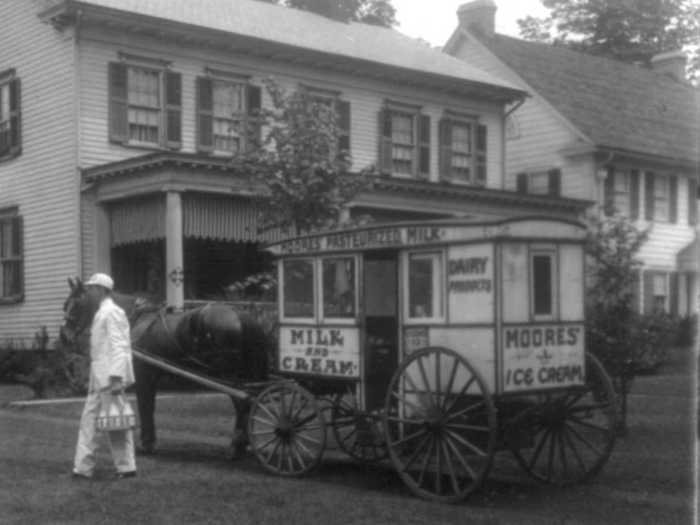
You may think it's a modern innovation to get your milk delivered by Instacart, but the milkman who brought milk from the local dairy was a venerable tradition. The milkman would put glass bottles in an insulated box on your porch. You'd leave the empties there for him to pick up on delivery day.
This disappearing job may be making a minor comeback to satisfy demand for fresh-from-the-farm food. But milk delivery will probably never again be as common as it was 50 years or more ago.
Video store clerk
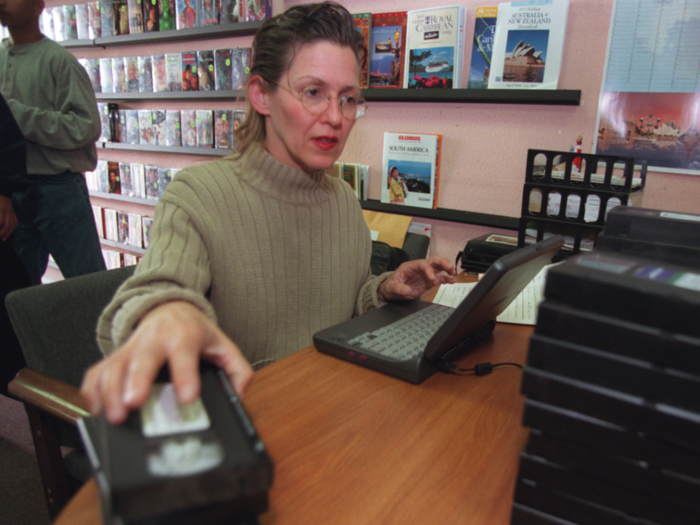
One whole industry has both blossomed and completely disappeared in just the last 50 years: video rentals. The first video store opened in 1977 in Los Angeles and rented videos for a staggering $10 a day. The Family Video chain still has 660 stores, mostly in small cities in the Midwest, but the Blockbuster chain went bankrupt in 2010 and soon will have only one store left.
At its height, Blockbuster had 84,300 employees. Thousands of mom-and-pop shops and smaller chains employed clerks as well. But the pleasure of browsing the aisles and taking a chance on a staff movie pick couldn't compete with the instant gratification of streaming video on Netflix. The video store clerk is a vanishing breed.
Switchboard operator
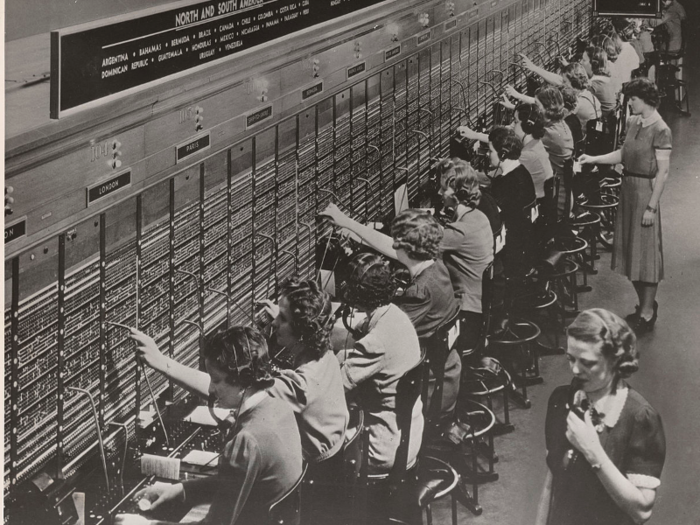
Typesetter
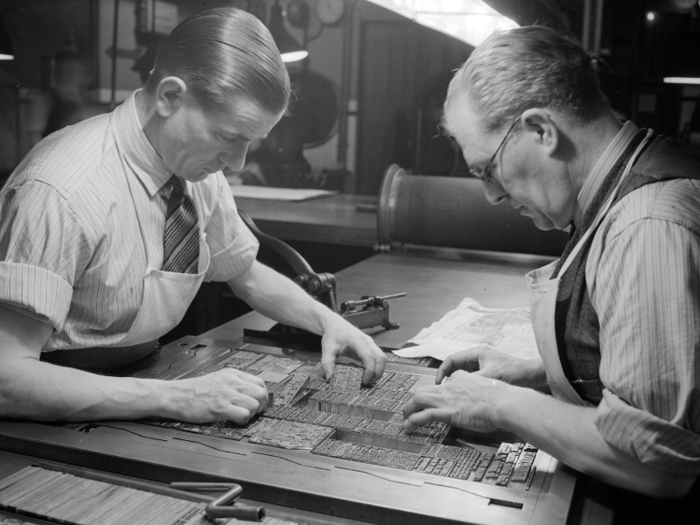
Before computers turned printing digital, every word had to be put in place by a typesetter. By the 1970s, Linotype, which could set a whole row of type at once, was widely used. While there has been an upsurge in letterpress printing for small jobs like wedding invitations, the job of typesetter is not coming back.
Movie projectionist

In the 1970s, going to the movies meant sitting in the dark while a projectionist in a booth threaded reels of celluloid film onto projectors and watched for the symbol that marked the end of one reel and the signal to switch to the next. If the projectionist was a pro, you never noticed the break between the reels. If the film broke, the projectionist spliced it together before the audience could get too restless.
While a few movie theaters still show film on reels, most movie projection has gone digital. Projection is largely automatic, and one person can monitor all the theaters in a multiplex, rather than having one projectionist for every screen. This means that there are much fewer projectionist jobs, and the work involves pushing buttons, not swapping reels.
Encyclopedia salesperson
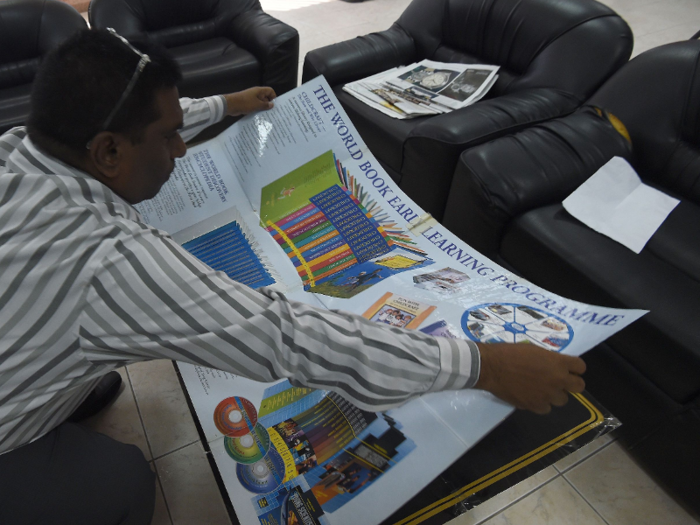
In the 1970s, that knock on your door could be an encyclopedia salesman, arms loaded with heavy volumes with entries for everything from aardvark to Zanzibar. Think of it as Wikipedia before the internet. The price was high, but you could pay in installments.
Encyclopedia Britannica, the most popular encyclopedia, stopped selling door-to-door in 1996 and ended their print edition in 2010. You can now find Britannica online, and you might find an odd volume or two in a thrift shop. But the encyclopedia salesman is an extinct species.
River pig
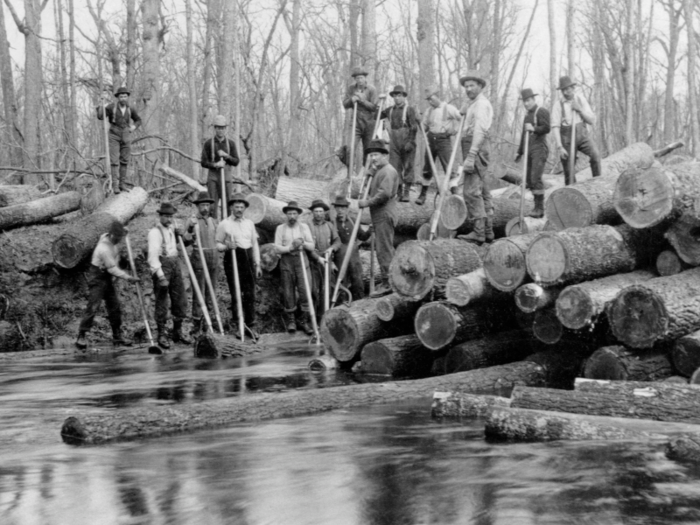
The New York Times reported the last log drive down the Kennebec River in Maine in 1976. Before that, loggers in remote forests would drag felled trees to the nearest waterway. Men known as river pigs or river hogs would steer the log drive down river to the mills for processing. The log drivers would follow the flotilla in boats or ride on top.
There are still jobs for loggers, but the trees are hauled to the mill in trucks. You won't see the river pigs driving logs downstream anymore.
Popular Right Now
Popular Keywords
Advertisement